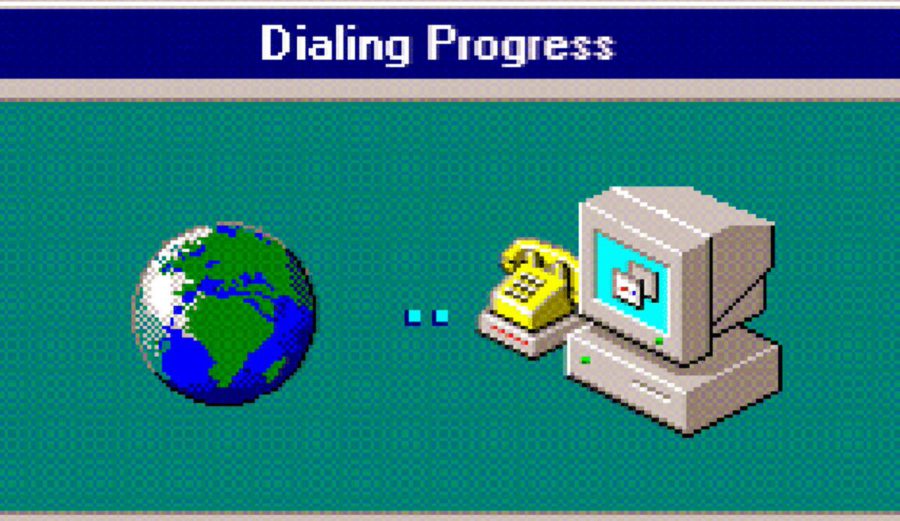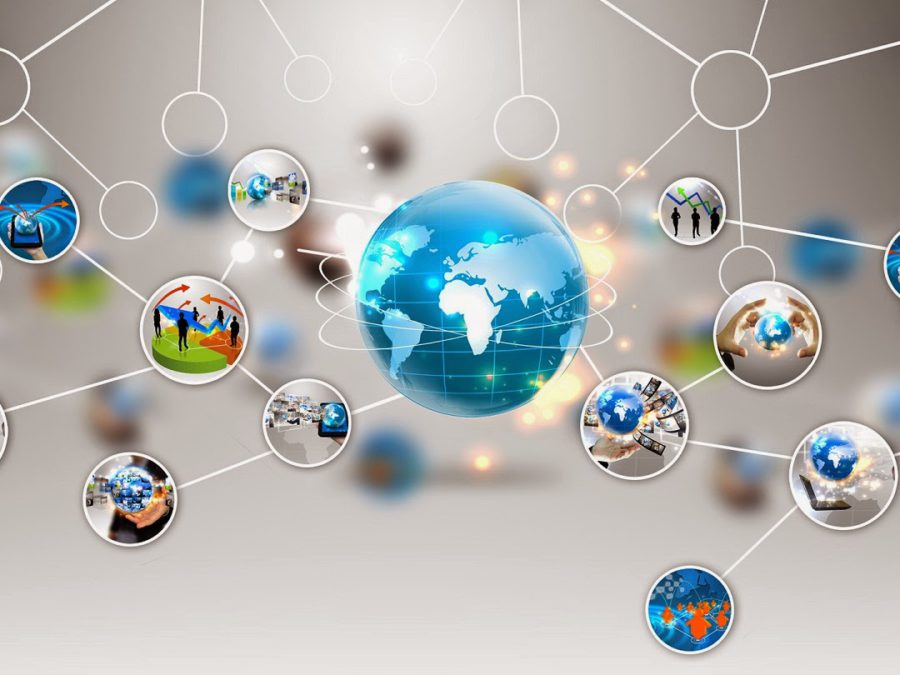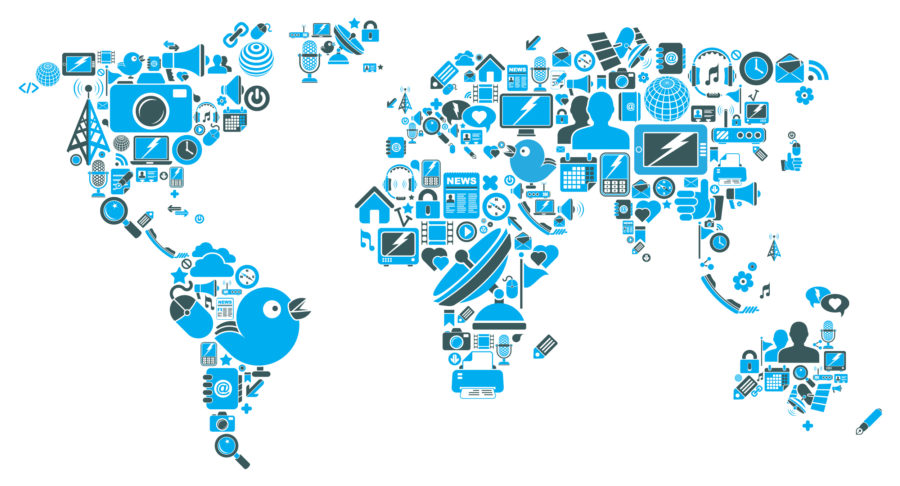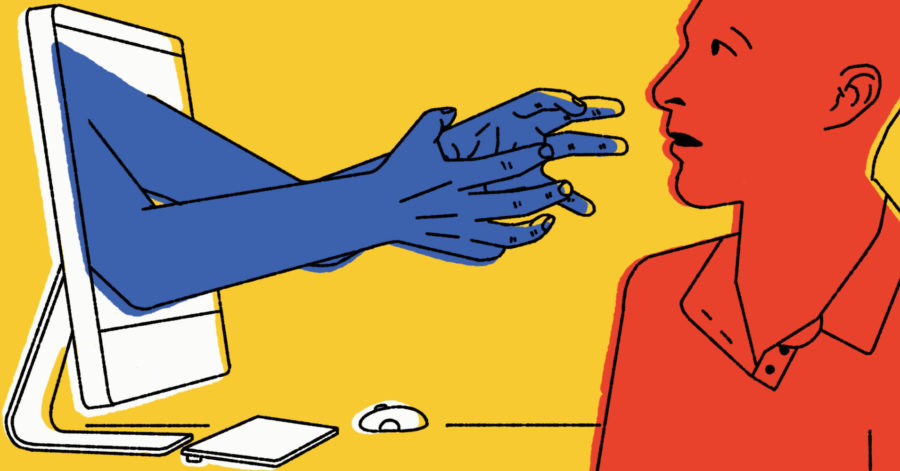The 'father' of the internet reflects on how his creation transformed the world …

Original material by Tim Berners-Lee
Today, 30 years after my proposal for an information management system, half of the world is online. It's time to remember and mark the path we have traveled, but it also provides an opportunity to reflect on how far we still have to go.
The web has become a bustling plaza, library, doctor's office, shop, school, design studio, office, cinema, bank, and more. Of course. With each new functionality, each new website, there is a growing gap between who is online and who is not, making the Internet a top priority for everyone.
And while the worldwide web has created a ton of opportunities, provided a way for the disenfranchised to express themselves, and made our lives easier, it has also empowered fraudsters, allowed hatred to spread, and made it easier to commit all sorts of crimes.
Against the backdrop of news stories about how the web is being used for evil, it can be understood that many people fear and do not believe that the web is actually a force for good. Given how the web has changed over the past 30 years, the assumption that the web will not change for the better in the next three decades looks extremely boring and saturated with defeatism. If we abandon the idea of creating a better world wide web now, then we will fail, and not vice versa.

To solve any problem, we must clearly describe and understand it. Without going into details, I see three main sources of problems affecting the internet today:
- Intentional malicious intent, such as government-backed hacks and attacks, criminal behavior and online harassment.
- Systems engineering that creates false incentives and sacrifices user value, such as advertising-driven profit-making models that commercially support clickbait and the viral spread of disinformation.
- The unintended negative consequences of generosity, such as the aggressive and polarized nature of network discourse.
While the first category cannot be eradicated entirely, we can create both laws and codes to limit this behavior as much as possible, as we have always done offline. The second category of problems requires us to redesign systems to change the incentives they give users. Finally, the last point requires us to research to understand existing systems and to model possible new ones or to correct existing ones.
You cannot blame a single state, social network, or the human spirit as a whole. A banal description of the problem will simply waste our energy as we look for symptoms of the problem, rather than focusing on the causes. And for the right solution to the problem, we, as a global web community, must unite.

At turning points in history, previous generations have stepped up and worked together for a brighter future. The Universal Declaration of Human Rights has allowed different groups of people to converge on common principles. International maritime law and the treaty on outer space have allowed the preservation of new borders for the common good. And now that the web is changing our world, we have a responsibility to ensure that the world wide web is recognized as a human right and created for the benefit of society. Therefore, the Web Foundation is working with governments, companies, and individual citizens to create a new web space treaty.
The agreement was signed at the Lisbon Web Summit and brought together a group of people who agreed on the need to establish clear norms, laws and standards that would become the foundation for the Internet. The supporters are promoting the basic principles and developing specific provisions in each area. Any contribution is appreciated, no one should do the work alone. Governments, companies and citizens are involved in the development of the draft agreement, we hope to get the result already this year.
Governments must rethink laws and regulations in the context of the digital age. They must ensure that markets remain competitive, innovative and open. And they are responsible for protecting the online rights and freedoms of the people. We need strong advocates within government – civil servants and elected officials who act when private sector interests threaten the good of society and who fight to protect the open Internet.
Companies must work harder to ensure that their short-term profits are not at the expense of human rights, democracy, scientific evidence, or public safety. Platforms and products should be built with an emphasis on privacy, security and multi-discipline. This year, we have already seen how many people in the industry have come forward to demand better business practices. Such undertakings should be encouraged.

Most importantly, citizens must hold companies and governments accountable for their commitments and demand respect for the world wide web as a global community of people. If we do not elect politicians who defend the idea of a free and open Internet, if we do not play our part in supporting constructive online discussion, if we continue to consent to the use of information without demanding the protection of our rights to it, then we will simply escape the responsibility that requires from us to put these issues at the forefront of discussion for our governments.
The battle for the web is one of the most important moments of our time. Today, half of the world is online. It is more urgent than ever to make sure that the other half is not forgotten and that everyone will strive for a network that will bring equality, favorable prospects and the opportunity to create.
The internet pact should not be a quick fix list, but a process that signals a shift in our understanding of our relationship with the online community. It should be clear enough to serve as a guiding light for the future, but flexible enough to adapt to the rapid development of technology. This is our journey from digital adolescence to a more mature, responsible and socially connected future.
The web is for everyone, and we collectively can change it. It won't be easy. But if we work hard, we will end up with the Internet we need.
Original material by Tim Berners-Lee
It is difficult to underestimate the impact of the emergence of the Internet on us, but, on the other hand, its appearance did not divide life into 'before' and 'after'. At least, those who knew what it was like to live without access to the world wide web can say so. Of course, the generation that follows us grasps everything faster and learns to use innovations for their needs, this cannot be taken away. But will they see the same evolution that people of the same age as the Internet have witnessed? We will find out in 30 years.
But today the Internet still faces the same challenges: privacy and transparency, online manifestation of aggression and extremism, tolerance and constructive dialogue. And this responsibility is on our shoulders.
